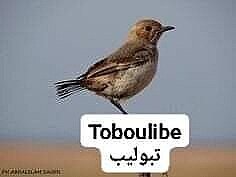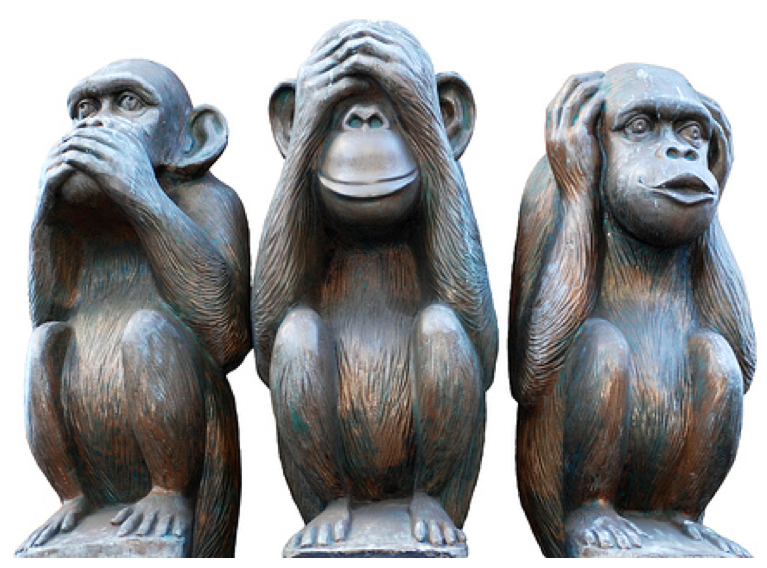“He would like to learn nature’s laws so as to dominate her and take advantage of her gifts. Man enlisted the natural power of animals in order to make his dreams come true, and when this did not meet his needs, he turned to his own kind for this purpose, in part depriving other humans of their humanity simply because he was more powerful”
Andrew lobaczewski is one of those psychologists that intrigue me no less than the state of our society today. Yes, it is unequivocally true that ‘Man’ is the environment’s serial bearer of bad news, in addition to his/her uncontested intelligence which made him alone amongst animals, he is unquenchable, actively seeking to take full advantage of the environment, and do so conscientiously, to the point where it ceases to be of sustainable benefit, and, adversely, become the very radix in his quest for unintended self-destruction. There’s been a time where animals constituted humanity’s most valuable inventory, allowing us to cross long distances that would’ve otherwise been impossible, in turn slowing down, if not preventing the metastasis of human civilization globally. Man learned early on that his intelligence sets him apart, and the exchange of physical strength with unmatched self awareness isn’t that bad a trade off.
As Canadian Philosopher Stefan Molyneux states in a short documentary published around eight years “We became alone amongst animals, afraid of death”. Self awareness on the other hand and fear of death go hand in hand, fear is incapacitating, it makes one controllable, predictable, mentally brittle by stifling the operation of common sense. Fear is somewhat a natural by-product of anticipation, which stems from self-consciousness. When we’re afraid, we can’t get a grip of ourselves, the virtuous endowment of human reasoning and rationale recedes into the dark chasm of our paranoid minds, and our instincts take over.
Contrary to his less self-aware co-inhabitants, man’s fear of death engendered in him a sense of creativity, expressed through the act of immortalizing himself in the form of art, eternalized myth, sculpture which would survive long after his impending decease. Something ill-natured would take place a few thousand years ago that would change him forever. Farming, his realization of nature’s abundance quickened his transition from an innocuous hunter-gatherer living within his means, to a tactician whose out for as much as nature has to offer, and thus the excessive expropriation of some of nature’s most valuable assets became his ideal version of happiness, and the line between happiness and contentment would forever be blurred.
Farming gave him power over nature, asserted him as its most unique creation, and elevated him to the position of apex predator with unnerving potential, and the strategist hunter-gatherer that he was would shortly become the planet’s most ravenous consumer, abandoning nomadism, and becoming sedentary, developing a god-complex, bereft of conscience and turning on his own kind in the process.
Skipping thousands of years ahead, he’d accomplished all but that, planetary domination, and his dreams of a happy and peace gave rise force over others. When the enlisting of animals to accomplish his deluded version of happiness ceased to be of adequacy, he would enlist his own, but since his own kind possess equally as much self-awareness and intelligence, the quickest and smartest move was to deprave them of such facets by employing fear, and thus coercion became the engine of politics. Concepts like democracy and socialism matter little in the presence of such a mean spirited, unquenchably consumerist desire, as one makes him feel replaceable, and the other equal to others and thus redundant, neither of which spurs in him any sense of contentment.
You maybe thinking at this point that you’re nothing like that, I’m not in the business of contesting others’ beliefs, but you’re probably right, people generally think of themselves as such, good and want to do nothing but that, even the profoundly unscrupulous think of themselves as such. Pax hyteria is an epoch in which fear and insouciance presides over other uniquely human emotions.
Among the numerous charactarizations that fit such a period, “exceptionally cruelty” and “moral indifference” seem to be the most appropriate, and their causes elusive within the categories of natural human concepts, stating that every society worldwide contains individuals whose dreams of power arise very early as an outcome of a life of discrimination by a society which uses moralizing interpretations to exclude and dismiss them as psychiatrically insane (which bears applicability in a morally conscious world), and thus dreams of power represents an overcompensation for the feeling of humiliation. Individuals of such, imagine this “happy” world in their way, their terms.
Such a brand of human existence survives due to the feeling of being “threatened” by the rest of society of people, and ideologies that advocate and promote stability, conservationism and equality become but a source of inconvenience to such an existence. An exploitative system of such usually hides behind the ideological cloaks embraced by the rest of society, cyclically eliciting mass hysteria to maintain its existence and ensure its survival.



